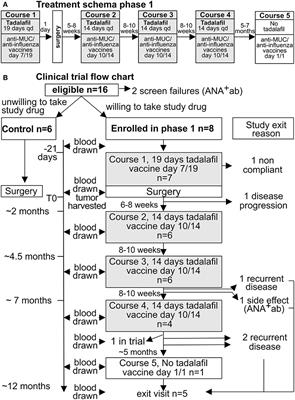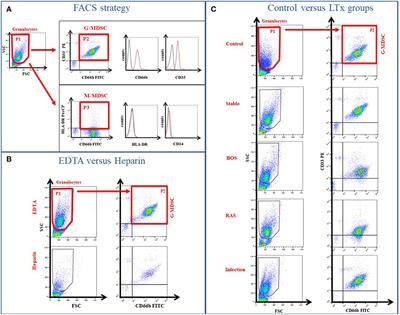EDITORIAL
Published on 31 Jan 2020
Editorial: Myeloid Derived Suppressor Cells as Disease Modulators
doi 10.3389/fimmu.2020.00090
- 2,304 views
- 7 citations
49k
Total downloads
140k
Total views and downloads
Select the journal/section where you want your idea to be submitted:
EDITORIAL
Published on 31 Jan 2020
MINI REVIEW
Published on 25 Jul 2019

ORIGINAL RESEARCH
Published on 20 Jun 2019

ORIGINAL RESEARCH
Published on 19 Jun 2019

REVIEW
Published on 19 Jun 2019

ORIGINAL RESEARCH
Published on 04 Jun 2019

CLINICAL TRIAL
Published on 31 May 2019

REVIEW
Published on 15 May 2019

REVIEW
Published on 03 May 2019

MINI REVIEW
Published on 30 Apr 2019

ORIGINAL RESEARCH
Published on 26 Apr 2019

REVIEW
Published on 18 Apr 2019


Frontiers in Oncology
